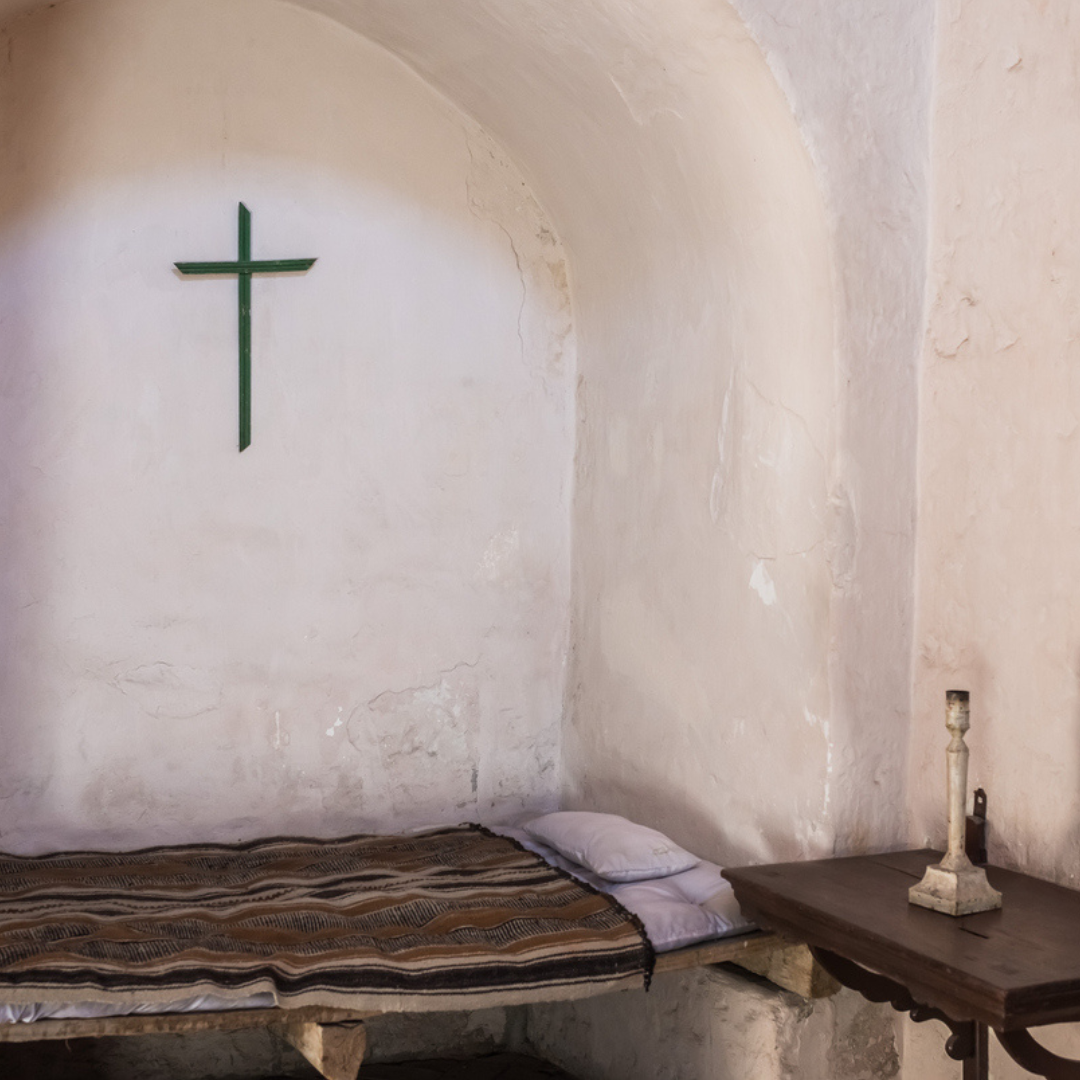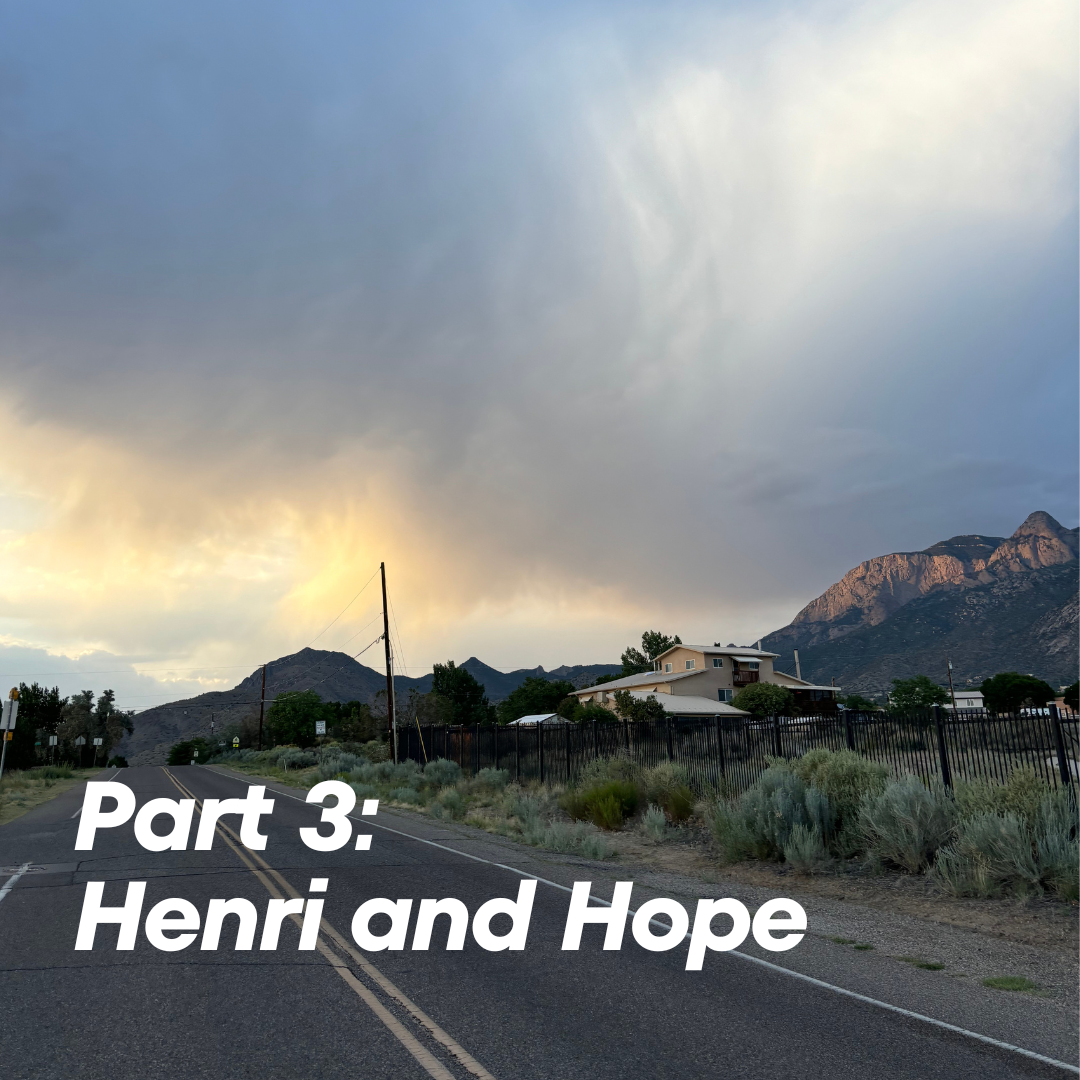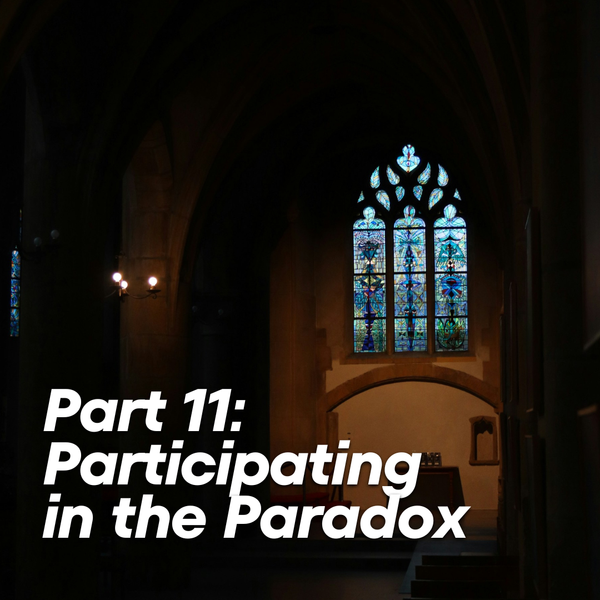Part 2: Disclosures and Decisions

Do I dare
Disturb the universe
— T.S. Elliot
I want to be two people at once.
One runs away.
― Peter Heller
I remember the lingering smell of birthday candle smoke that arose above the plate of two-tiered confection before me and being encircled by the bright smiles and eyes of my immediate family sitting around the table in front of me.
It was my first COVID birthday. I was turning the un-special age of 24, and it appeared to be rather unremarkable—and yet, of all birthdays, it is perhaps the most meaningful birthday I’ve ever had.
After graduation, in the fall of 2019, I decided to move back home to New Mexico and be close to family for a year while I tried to answer the inconvenient question posed by my enduring queerness of “what now?”
It seemed clear to me that there were at least two necessary things to accomplish by moving back home.
First, to come out to my family and friends.
I was so tired of hiding, and I was becoming more and more certain that denying, distorting, and keeping my sexuality in the darkness where shame and self-contempt flourished was not the way forward - nor what God wanted.
Secondly, in light of my queerness, to really take inventory of my situation and figure out how to realistically and practically move forward with my life.

The image, smells, and sound of the delightfully off-tune-sung birthday song echoing in my ears was not new.
But this feeling that accompanied it was.
It was strange; I had forgotten what it was like.
Colored with a kind of warmth, augmented by hope, and saturated with a sense of security —it was the first time in over a decade that I remember really feeling celebrated.
It was the first time I could remember in a long time that the love that was being so generously and expressly extended to me was love that I could actually receive, accept, and trust.
See, part of the profound pain of being in the closet for so long is enduring the chronic mistrust of love.
You have all these people in your life who say they love you, appreciate you, care about you, and claim that they want to celebrate you—but deep down, you know you cannot trust any of it; you cannot truly receive it.
For what if they really knew you?
That’s why this moment and this birthday was so profoundly different.
Because in the months prior, I had had those terrifying conversations that many queer people dread.
Like the one I had with my father where, bolstered with a glass of wine, I told him who I was and I apologized for who I had wrongly blamed him to be. I apologized for misguidedly blaming him for my queer condition and resenting him and his parenting for so many years. It was a moment of reconciliation where we both shared in the sadness that reparative theory had not only inflicted an egregious injury on me but so too had it been the poisonous root underneath the years of relational distance between the two of us.
Or the one I had, staring at the passing, painted lines illuminated by our headlights on a late-night drive to Colorado, as I told my brother the truth.
Or the one with one of my other brothers and sister-in-law standing in their kitchen, accompanied by clumsy words and a fit of tears I had promised myself I wouldn’t shed.
Seven different conversations in total, all with my immediate family and my closest friends.
While the locations varied —from in the car, to across the table, to a shaky Facetime call—they all felt the same.
They felt like clammy hands, a twisted stomach, wet cheeks, dry mouth and burning throat, sweaty underarms, and, much to my relief, often like the embrace of arms around my body, the exhale of a breath I forgot I was holding, and the sensation of solidarity, the profound feeling that, after years of isolation, I was no longer alone.
Bolstered by the love of my family and friends, I could finally realistically take inventory of my situation and figure out a practical way to move forward with my life.
Like a lighthouse in the desert, the chapel’s windows glowed with a warm light in a sea of blackness, promising some kind of sanctuary if only you could find your way to it up near the canyon wall.
I remember how urgently loud the sound of the gravel was under my feet as I walked towards its glow on the unpaved road. I was all alone, just me and the blanket of dark sky and bright stars and the intrusive sound of my footsteps being swallowed by the sea of stillness surrounding me.

It was before sunrise.
And it was any wonder I was able to wake up on time considering my phone was locked in my vehicle’s glove box.
Nevertheless, this morning, I was going to be on time — I might even beat the monks to their remote place of worship.
The next thing I knew, I was smelling candle smoke again.
But this time, it was of a very different variety.
It was the kind that lingers and mixes with the magnetizing and stimulating scent of burnt incense, which awakens a reverent and devotional state of mind.

I was at a remote Benedictine monastery in Northern New Mexico.
I had come to this remote hermitage to complete a three-day silent and solitude retreat - and I hadn’t uttered a word out loud to anyone in over 72 hours.
Three days of staring at the wall in my small hermitage room.
Three days of silent meals in the presence of silent monks.
Three days of early morning prayer services before sunrise, like the one I found myself at, miraculously on time, that morning.
I had a difficult decision to make, and the goal of this retreat was to disconnect from the world, reconnect with God, and discern my next steps.
Over the course of the year back home, three very different options presented themselves to me:
Option one: Move to Texas and accept an admissions offer into a Masters of Social Work (MSW) program at the University of Texas at Austin.
This was an attractive option. I really wanted to “help people,” that was always one of my most fundamental motivations in pursuing vocational ministry. And so I thought, “Maybe I could just pivot into non-religious human service work? Something more clinical than Christian, like Social Work or Counseling?”
This was both logical and viable: human service work requires a great many skills that are transferrable or, at the very least, “adjacent” to those of ministry and pastoral care. And considering just how burnt out I was on anything related to religion, the idea of “stepping away” from religion, even if just by way of pursuing some kind of career in an overtly non-religious (and queer-friendly) setting, was unsurprisingly very tempting.
Option two: Move to Germany and accept a two-year position to serve as a full-time Christian missionary with an organization I had previously interned with.
Existing as perhaps the exact antipodal option to pursuing Social Work, rather than “stepping away” from religion, this was the option to further “step toward” it. But this wasn’t just any ministry position because the invitation came to me despite the Country Directors knowing that I was queer. I had come out to them previously and they had been tremendously gracious and welcoming.
They believed that I had something unique to contribute to their team and to what God was doing, not despite my queerness but because of it. So, provided that I remained committed to singleness, celibacy, and sexual purity ("Side B" if you’re familiar with the evangelical theological categorization of stances on homosexuality), then I was welcome to join their ministry team as they believed God still had a plan for me in the realm of Christian ministry.
Obviously, this option was also very attractive. After all, I had spent years of my life working towards a role in ministry, and perhaps with this option, I could actually put my bachelor’s degree to use, and I could do so in an environment where I was at least seen and known as I was by my supervisors.
Option three: Move to the Netherlands to get a Masters in Theology and Religious Studies.
Birthed from an authentic source of inner search, this third option slowly emerged with time.
Over the course of my year back home, I began to wonder, “Should I pursue more theological education as perhaps a means to really interrogate the faith I have inherited and to clarify my commitments to it?”
I realized, after all, that I had never seriously questioned or interrogated the faith I had inherited.
The faith that I had so zealously abandoned myself to so long ago, the faith that had still meant so much to me, despite how bruised and battered I felt by it.
I was 24 years old, and my whole life was ahead of me.
Perhaps it would be wise to really get clear on what it is that I believe and why?
Perhaps this was the necessary first step before making any definitive decisions about my life and my future?
I was absolutely willing to submit myself to whatever was true.
I believed, after all, that the truth sets you free.
But if I was really honest with myself: I wasn’t sure if I knew what was true anymore.
After years of devoting myself to what I was told and it not rendering the results I had been promised, I felt like things simply weren’t adding up. I had lots of doubts and questions, and I just couldn’t seem to shake them.
It was around this time that I had discovered a university in the Netherlands called Radboud. I first learned of its existence in the biography of one of my spiritual heroes, Henri Nouwen — it was his alma mater. Upon a casual investigation of the university website, I found they had a master’s program in Theology and Religious Studies specializing in Christian Spirituality.
While I wasn’t sure if I’d be accepted into a European academic program—or even if moving across the world to attend one would even be feasible —I nevertheless applied somewhat on a whim. And to my surprise, I was accepted.
Suddenly, I was confronted with three very different options, each with three very different sets of implications for me, my life, and my future.
Social Work in Texas.
Christian Ministry in Germany.
Studying Theology in the Netherlands.
What do you do when you try to make such a life-changing decision?
I read a book rooted in Ignatian Spirituality about discernment and decision-making.
Like some madman conspiracy theorist, I mapped out all the things to consider on papers pinned to my bedroom wall, interrogating my motivations, drawing arrows and connections, and delineating eventual consequences.
For better or worse, I continued my lifelong practice of making pros and cons lists.
I processed the decision with my friends, family, and mentors — seeking wisdom and insight from others.
I prayed a lot.
And finally, I decided to take a three-day silent and solitude retreat.
There I stood that morning, smelling the smoke of votive candles before sunrise in the prayer chapel of a remote monastery in northern New Mexico, listening to the monks chant their lyrical litany.
This was my last morning before returning home, and I prayed one last time in the midst of my monastic friends whom I had never spoken to, asking God to grant me peace and consolation in the decision I had finally managed to make.

I still remember the sound of my bag’s zipper, which seemed to thunder in the deafening silence of my hermitage room as I packed up my things and prepared to leave my solitary place after the morning prayer service.
I loaded my duffel bag and backpack filled with prayer journals and one too many spiritual books into the trunk of my vehicle, started my engine, and came down from that mountain monastery with one thing I hadn’t arrived with: an answer about what path to take.
I would be returning to Germany as a full-time missionary.
This Post's Song: Waking, by Kyle McEvoy
If you are finding this story insightful, engaging, or helpful, consider sharing it. You can also find Yielding to Yes on Instagram here.
Read the next part:







